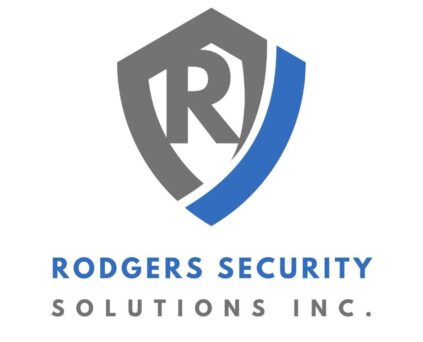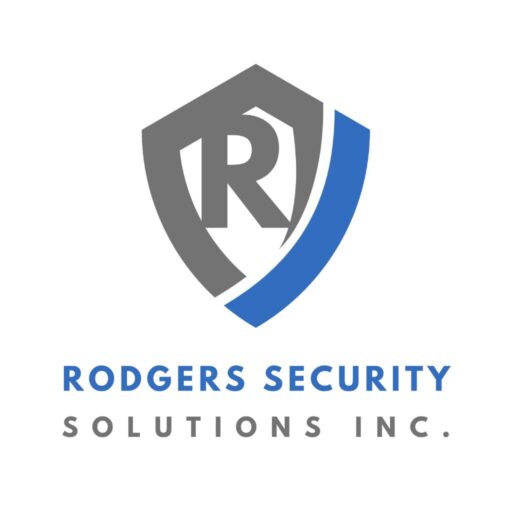Security guards play a critical role in maintaining safety and security in various environments, from commercial buildings to events and residential communities. To effectively carry out their duties, security guards must be well-prepared to respond to emergencies swiftly and efficiently. This blog post outlines essential emergency response procedures for security guards to ensure they are equipped to handle a wide range of situations.

- Training and Preparation:
- Proper Training: Security guards should undergo comprehensive training that includes emergency response protocols. This training should cover various scenarios, from medical emergencies to security breaches.
- Familiarization: Security guards should be familiar with the layout of the premises they are guarding, including exits, emergency equipment, and communication systems.
- Equipment: Ensure that security guards have access to essential emergency equipment such as first aid kits, fire extinguishers, flashlights, and communication devices.
- Communication:
- Establish Communication Protocols: Develop clear communication procedures that allow security guards to quickly report incidents and receive instructions from supervisors or emergency services.
- Emergency Numbers: Security guards should have a list of important contact numbers, including local law enforcement, medical services, and fire departments.
- Response to Medical Emergencies:
- Basic First Aid: Security guards should be trained in basic first aid techniques, including CPR, wound management, and using automated external defibrillators (AEDs).
- Calling for Medical Assistance: In the event of a medical emergency, security guards should call for professional medical assistance promptly.
- Fire Emergencies:
- Fire Prevention: Security guards should actively work to prevent fires by identifying potential hazards and enforcing safety protocols.
- Fire Response: If a fire occurs, security guards should immediately activate fire alarms, assist with evacuations, and use fire extinguishers if it is safe to do so.
- Security Breaches:
- Intrusion Response: Security guards should know how to respond to security breaches, including securing the area, alerting authorities, and providing accurate descriptions of suspects.
- Evacuation Plans: Develop evacuation plans for different types of security threats, and ensure security guards are trained to execute these plans efficiently.
- Crowd Control:
- Event Management: Security guards working at events should be skilled in crowd control techniques to ensure the safety of attendees.
- De-escalation: Training in de-escalation tactics can be invaluable in diffusing potentially volatile situations.
- Reporting and Documentation:
- Incident Reports: Security guards should be diligent in documenting all incidents, including the date, time, location, involved parties, and actions taken.
- Evidence Preservation: Preserve evidence when necessary, and ensure it is handed over to the appropriate authorities.
Conclusion:
Effective emergency response procedures are a fundamental aspect of security guard duties. By providing comprehensive training, clear communication, and the necessary equipment, security guards can better protect the people and properties they are responsible for. Regular drills and updates to emergency protocols will further enhance their ability to respond to various emergencies effectively.

